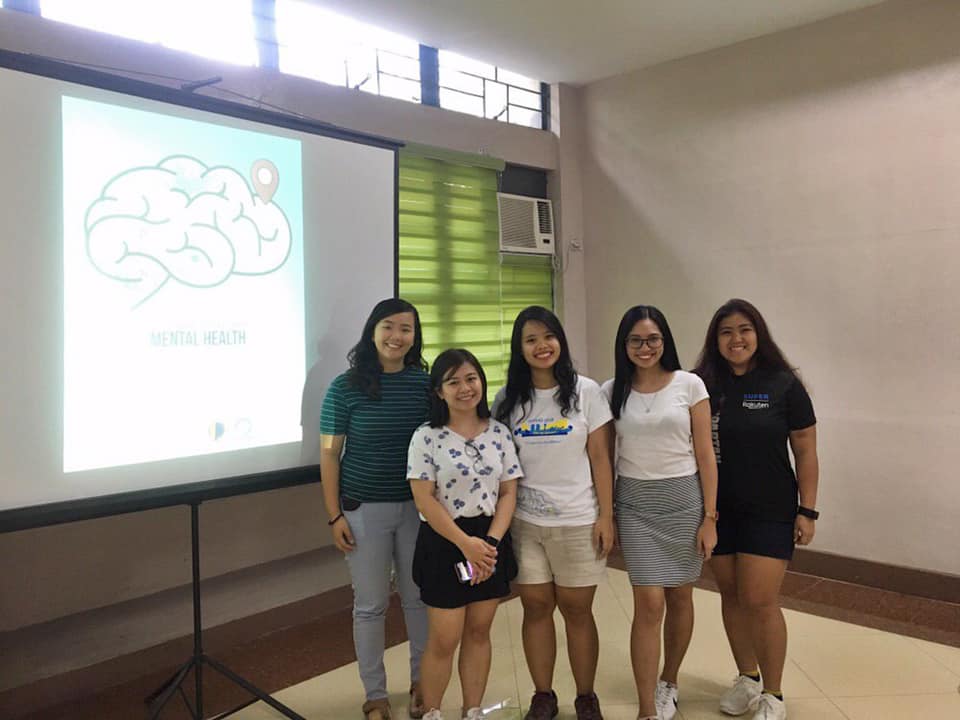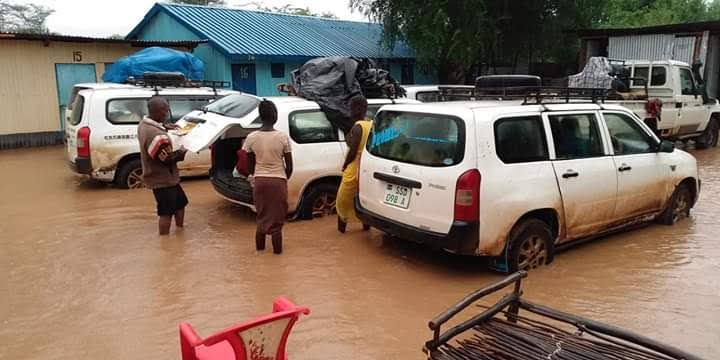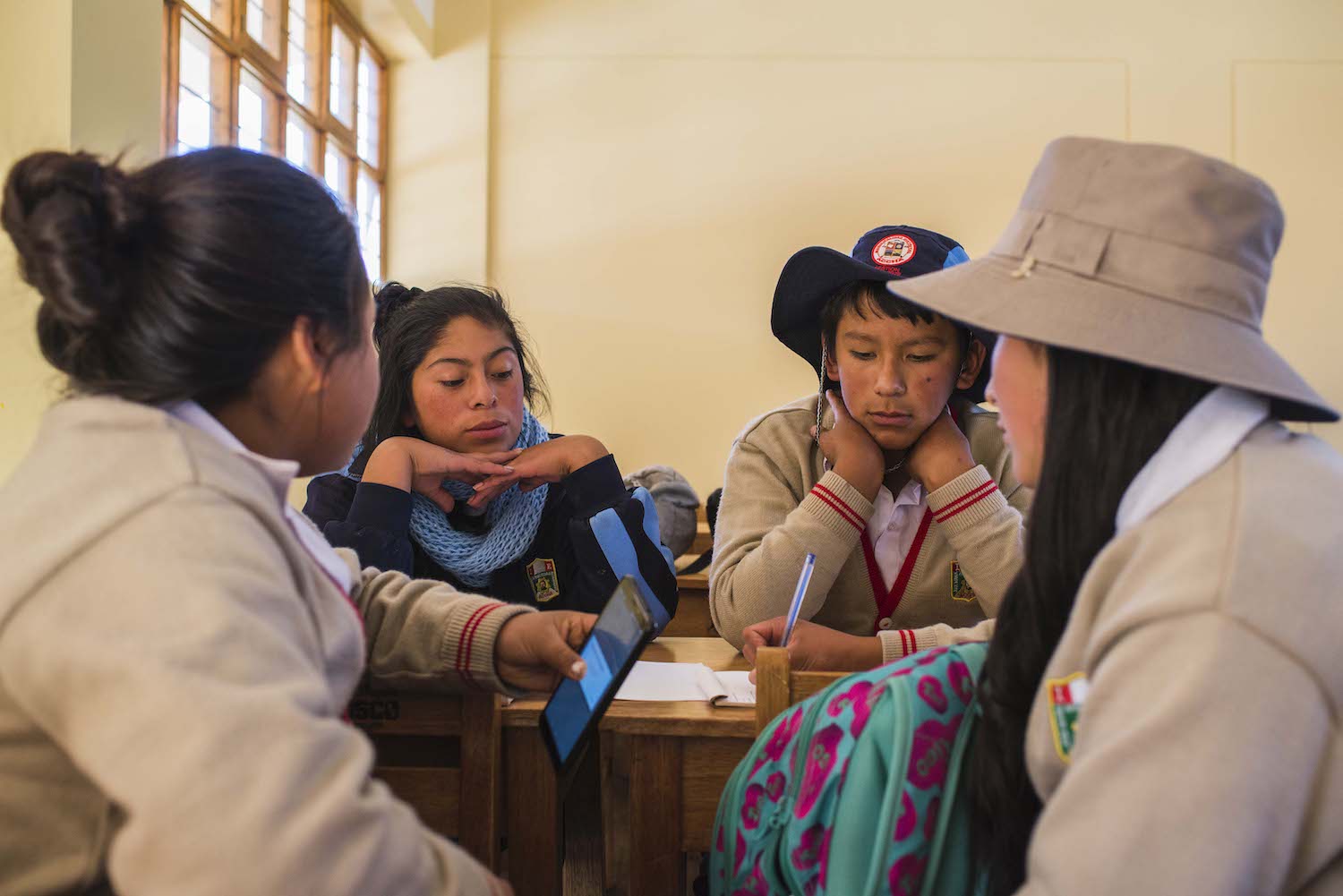News — 16 December, 2019
How Maps can Improve Lives

As Humanitarian OpenStreetMap Team (HOT) supports local communities fundraising to put themselves on the map, here are the ways they will be using maps to improve lives!
If you need an ambulance, how would the paramedics find your address? If your house was flooded, how would emergency services know you were there? Maps are woven into the fabric of many people’s lives, and we don’t realize what it means to go without them.
But millions of people around the world are still not represented on maps. That means the voices of local communities are unheard; they are left out in access to basic services like health or education and are not included in relief operations when disasters strike. Simply put, maps improve lives for millions of people around the world.
As Humanitarian OpenStreetMap Team (HOT) supports local communities fundraising to put themselves on the map, here are five ways they will be using maps to improve lives!
1. Helping communities affected by wildfires in the Bolivian Amazon

This year, the Bolivian Amazon was hit by forest fires, causing the highest rates of deforestation in a decade. Local communities were hit hard by the fires, impacting their jobs, homes, and safety. But these communities are missing from the map - so emergency response, government, and non-profit organizations don’t have the information they need to help them.
Practical Action Bolivia want to change this. They’re raising money to train local communities to put themselves on the map and make sure they get the assistance they need to recover from the wildfires and to prepare for future crises.
2. Raising mental health awareness in the Philippines

Imagine you are dealing with severe mental health issues, but have no one to talk to. You want to get professional help, but you don’t know where or how, and you’re even afraid to ask your friends and family for information because of negative attitudes toward ill mental health.
This is a problem that millions of people face in the Philippines, a country where stigma around ill mental health prevents people from finding information and seeking the help they need. Mental Health AWHEREness is hoping to change that by adding mental health services in the Philippines to the map and use the data as evidence for policy-makers to increase access for all.
Donate now to help Mental Health AWHEREness to develop a map that can really help change not only access to mental health services but also the stigma that surrounds it.
3. Driving sustainable development in Sierra Leone
When Tommy Charles first visited a slum on the outskirts of Freetown, Sierra Leone, he was shocked by the lack of basic services. “I went to visit the slum communities along the seaside that had been experiencing annual flooding and fire outbreaks,” says Tommy. “But when I got there, I saw they had no running water or health facilities. They had poor drainage and garbage disposal methods.”
Tommy, who is a member of OpenStreetMap Sierra Leone, knew that if he didn’t know what life was like in the slum, then others wouldn’t either. When people are not represented on a map, the community and the services it lacks, can be invisible. It can lead government agencies and aid organizations working on the ground to adopt a ‘one size fits all’ approach that doesn’t address the challenges that are unique to each slum. “By mapping these places, we can show people the reality of people on the ground - we can do a lot to improve livelihoods, reduce hazards, and reduce the vulnerability of high-risk communities.”
4. Making sure people are counted in South Sudan

Every year, floods devastate South Sudan. This July, almost one million people needed life-saving assistance due to heavy rain leaving large swathes of the country underwater. Humanitarian and local organizations responding to the crisis need maps to know certain facts: How many people need assistance? Where are the health centers that need medicine for diseases, such as Cholera, caused by flooding? How can we get to those villages and health centers? The problem is South Sudan doesn’t have the maps required to answer these questions.
That’s where OpenStreetMap South Sudan comes in. They want to create an open-source base map of South Sudan by building the first mapping community in the country. “We want to start by mapping the areas affected by flooding in three regions of the country,” says Dima Emmanuel. “This information is critical for the humanitarian response.”
Donate now to help provide relief to people affected by floods in South Sudan.
5. Improving gender equality and education in Peru

Access to technology is starkly unequal in Peru and gender inequality is pervasive. GAL Peru is looking to level the playing field with one tool - maps. By training high school and university students, GAL School Peru will not only educate children from different backgrounds on how to use new technology and tools, but also guide them to collect information on gender issues, such as equal pay, access to health services, and other social issues affecting their community. This evidence will then be given to the local government and used to improve services for the community.
Last year, students surveyed women across the region about how ‘machismo’ affected their lives, for example, if they had suffered violence. They mapped where the women lived, their viewpoints, and how far they are to shelters, police stations and other safe spaces they could ask for help.
Donate now and help GAL School advance education and gender equality in Peru!
Can’t choose which community to support? You can also donate to > HOT’s general fund which goes towards supporting all communities mapping to improve lives.

